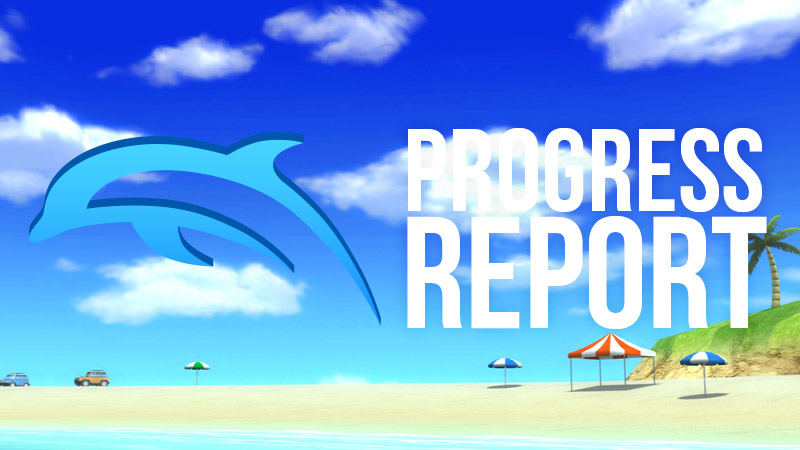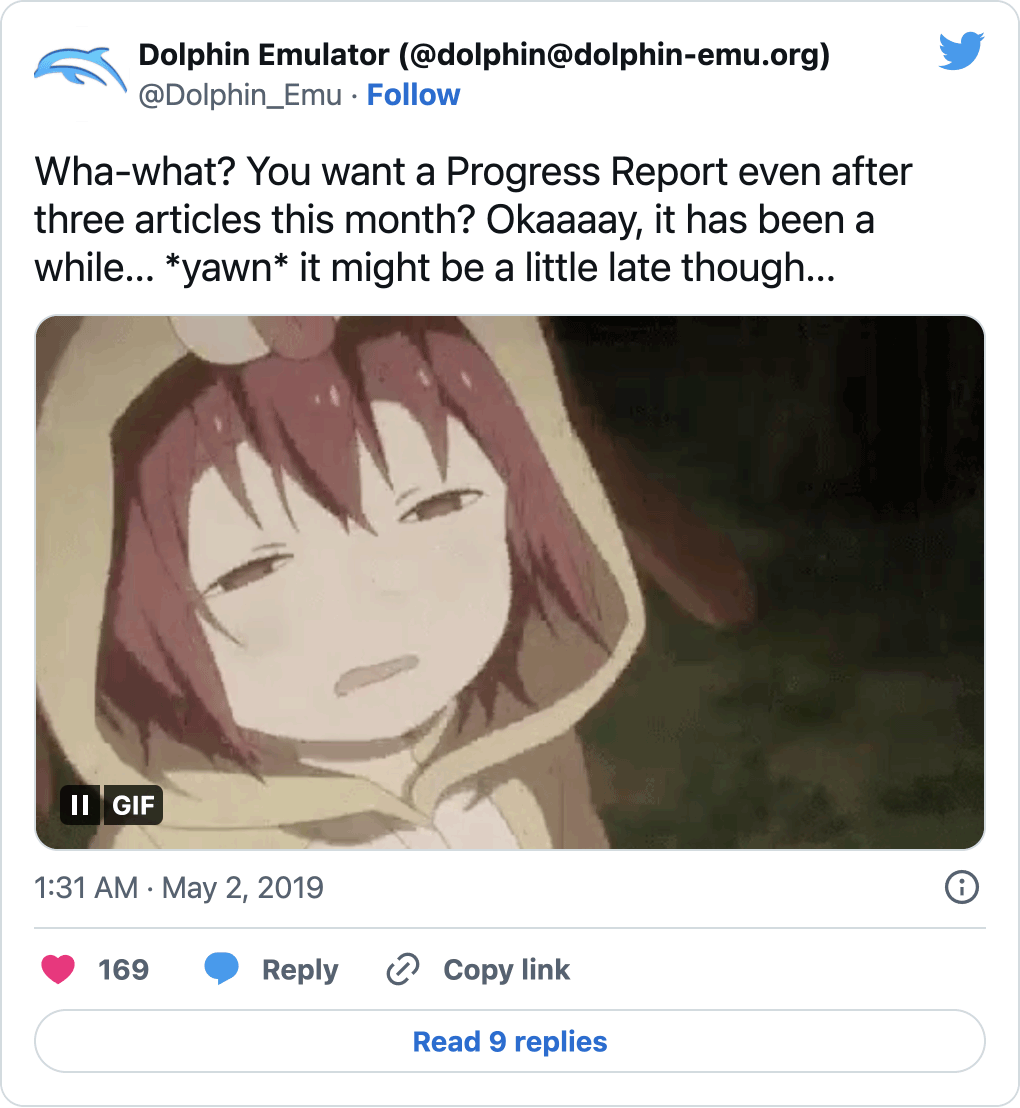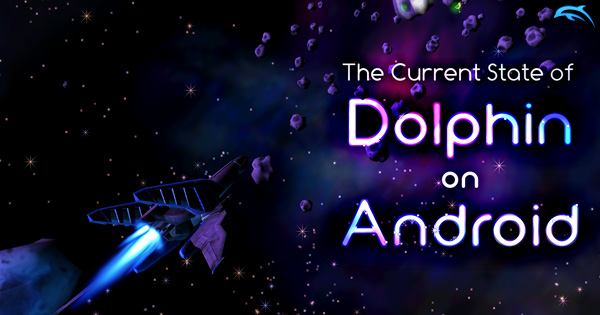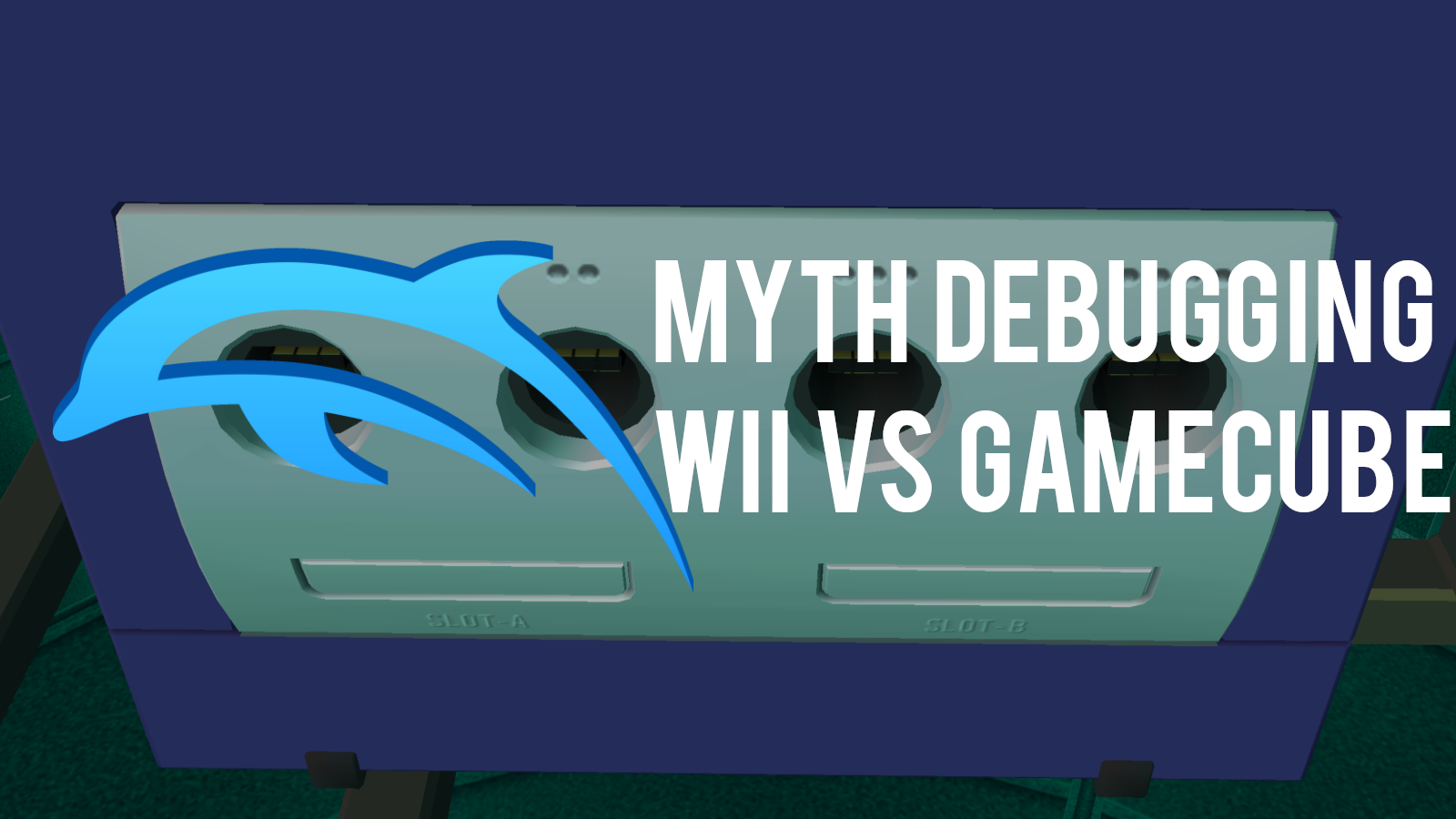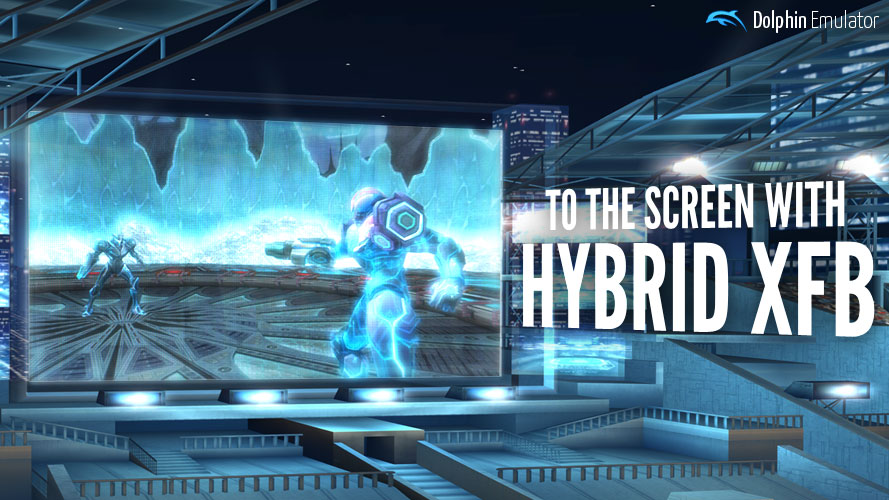The last few months have been absolutely hectic, with several long-awaited features hitting the emulator all at once. In order to keep users up to date with these major changes, the blog staff has been busy with feature article after feature article. It has been exciting, but also pretty exhausting! With us burning the candle at both ends to keep up with development, the Progress Reports have fallen a bit behind.
So here were are, bleary eyed and with three …
Continue reading
You can continue the discussion in the forum thread of this article.
It's not common for a rewrite to be something that warrants an article, but, this is one of the exceptions. Over the past few years, parts of Dolphin's video core have seen renovations to make way for new features, but a fundamental problem remained. Dolphin's video backends suffered from both having too many unique features while also duplicating tons of code from the other backends, making it difficult to add new features and maintain old ones.
Those that have followed Dolphin from the very beginning may remember that its video backends …
Continue reading
You can continue the discussion in the forum thread of this article.
Dolphin on Android has had a bit of a checkered history since its inception. Users loved the idea of being able to take their favorite GameCube and Wii games on the go, but expectations and reality have never quite aligned. When Dolphin was first uploaded to the Play Store, developers tried to make it absolutely clear games wouldn't be playable, even going as far as calling it "Dolphin Emulator Alpha". Unfortunately, despite many warnings, many people got their hopes up the moment they saw Dolphin was on the appstore and …
Continue reading
You can continue the discussion in the forum thread of this article.
On July 13th, 2008, Dolphin went open source, now just over ten years ago. While it could be easy to drift off into how much things have changed... there's one particular feature that has never quite lived up to the hype despite debuting that very same year - netplay.
As surprising as it may sound Dolphin Netplay has been around since the emulator went open source. For roughly a decade, users have tried their hand at taming the beast of synchronizing multiple instances of a GameCube and Wii despite their …
Continue reading
You can continue the discussion in the forum thread of this article.
Dolphin has been around for over 14 long years at this point. Goals, expectations and standards have shifted quite a bit since the beginning. At one point, just booting a game at all was good enough, regardless of what you would see or hear! Compatibility has gone from a few select titles to almost every game released across two consoles. Considering all of that, it should be no surprise that some solutions that worked in the past slowly came to be a burden going forward. In this case, we're talking about …
Continue reading
You can continue the discussion in the forum thread of this article.
When you're playing your favorite game on Dolphin with a powerful computer, things should run fairly well. The game is running full speed, there are no graphical glitches, and you can use your favorite controller if you want. Yet, every time you go to a new area, or load a new effect, there's a very slight but noticeable "stutter." You turn off the framelimiter to check and your computer can run the game at well over full speed. What's going on?
The slowdown when loading new areas, effects, …
Continue reading
You can continue the discussion in the forum thread of this article.
One of the more difficult parts of being an emulator is balancing accuracy, performance and presentation. When Dolphin replaced the hacky, broken asynchronous audio with the synchronous New AX-HLE and New Zelda-HLE implementations, audio accuracy greatly increased! It came as quite the shock when users started complaining about this change and demanding asynchronous audio's return. Some of the criticisms were valid; there were bugs in early synchronous audio causing increased latency that weren't present in asynchronous audio.
All of these growing pains were eventually fixed, but, one complaint …
Continue reading
You can continue the discussion in the forum thread of this article.

